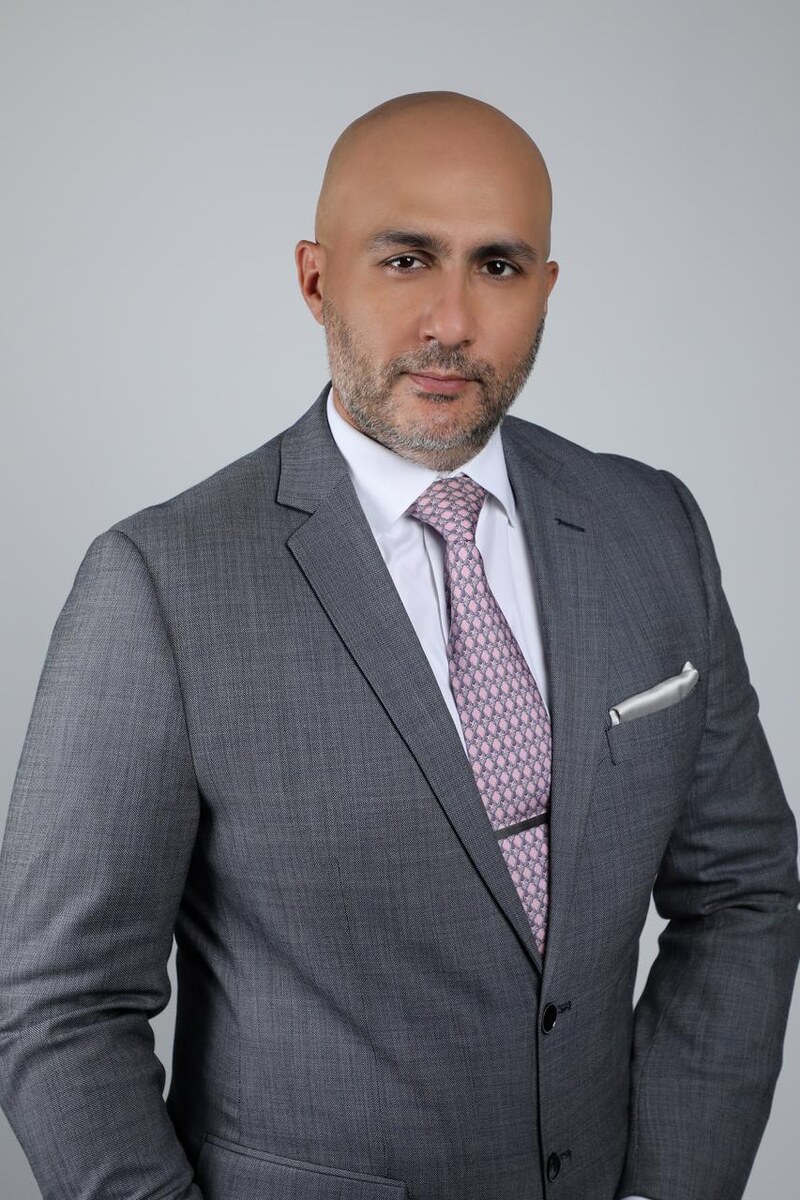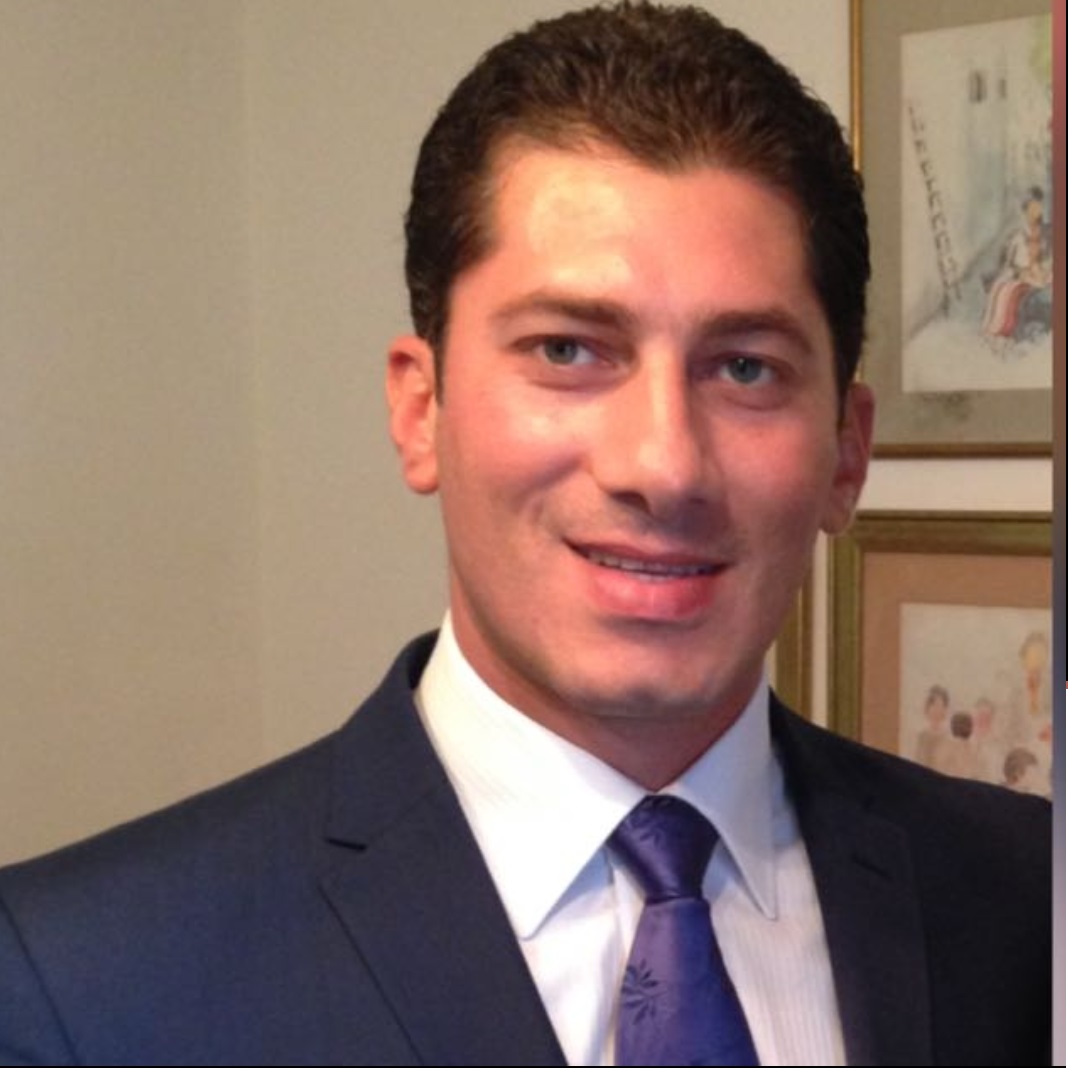CAIRO: Capitalizing on Saudi Arabia’s dynamic market growth, UAE-based property technology company Silkhaus is gearing up to make a significant entry into the Kingdom’s hospitality sector.
Founded in 2021, Silkhaus is set to bring its unique approach to the short-term rental space, aiming to transform it into a real estate asset class and an accommodation experience across emerging markets.
In an interview with Arab News, Sabine El-Najjar, founding general manager in Saudi Arabia for Silkhaus, spoke about the company’s mission and strategy.
“Our primary goal is to ensure properties operated as short-term rentals generate the highest possible returns in a rapidly expanding market while removing the obstacles associated with long-term leases,” El-Najjar explained.
Silkhaus’s approach allows landlords to secure 20 to 40 percent higher income than traditional rental models, providing them with the flexibility to adjust prices to align with seasonal and neighborhood demand.
“Our approach provides a seamless, plug-and-play experience for landlords, as we oversee every aspect of property management, from furnishing to maintenance and daily operations, ensuring a hassle-free experience for our guests,” El-Najjar said.
Strategic ambitions
The company’s expansion into Saudi Arabia aligns with the Kingdom’s significant investment in tourism, aiming to attract over 100 million local and international tourists by 2030.
“The hospitality industry is scaling rapidly, and currently, there is a shortage in operational high-end strategically located accommodation. Silkhaus wants to create that supply by partnering with landlords,” El-Najjar added.
The company’s strategy for regional or global expansion is market-centric, aiming to be among the top three operators in every city it operates in.
“Our success in Dubai and Abu Dhabi so far is reflective of this approach. As we plan our entry into Riyadh, we believe the same measured approach will serve as well, ensuring sufficient supply and availability of properties, which will let us provide guests with an incredible experience in the Kingdom,” El-Najjar said.
The company’s strategic expansion into the Kingdom aligns with the growing appetite for landlords to monetize their assets.

I believe that Saudi Arabia is a true testbed to demonstrate the real potential of the short-term rental sector. The strong economy, global appeal, and demand from visitors, highlights the need for flexible short-term accommodations.
Sabine El-Najjar, founding general manager in Saudi Arabia for Silkhaus
El-Najjar explained that the increasing interest in short-term rental models coupled with the Saudi Ministry of Tourism’s push towards private tourist accommodations underpin the fast-growing sector.
“If you look at Saudi Arabia, there’s a constant influx of visitors throughout the year, whether for business, sport or the large number of leisure events being held here,” she added.
However, Silkhaus aims to differentiate itself from other players in the sector by focusing solely on bringing the best experience to its corporate and individual customers.
“We treat landlords as our partners – ensuring their returns are competitive as they generate passive income without fear of damage to their properties and without needing to manage communication, marketing or operations,” she further added.
The company is already in advanced conversations with institutional investors who own large property portfolios. Additionally, Silkhaus aims to further solidify its expansion strategy by developing corporate partnerships.
With its expansion underway, the company’s metrics are set to see a significant uptick.
“We are definitely looking to outpace our current growth. This will of course be enabled by our market expansion. At the same time, we continue to hire different roles. As we start to operationalize in Saudi Arabia, job creation will be at the top of our agenda, creating opportunities for numerous young local talent,” El-Najjar said.
A regional testbed
Silkhaus aims to completely revolutionize the short-term rental space in the region with the Kingdom as a benchmark for excellence.
“I believe that Saudi Arabia is a true testbed to demonstrate the real potential of the short-term rental sector. The strong economy, global appeal, and demand from visitors, highlights the need for flexible short-term accommodations,” El-Najjar said.
“As the economy grows, traditional hospitality is unable to meet demand – not just from a quantity perspective but also a value for money, experience, and offering perspective. This is where we are able to rapidly transform housing supply, into high-quality guest experiences, while creating economic impact locally,” she added.
Moreover, El-Najjar stated that Silkhaus is set to have a positive impact on other verticals in the hospitality sector like food and beverage, facility management, and personal services.
Technology at its core
She further described Silkhaus’ approach within the so-called “proptech” sector as one where technology plays a critical role.
“Our internal product team comprises software engineers and developers with extensive sector-specific experience,” she stated, highlighting the company’s focus on developing tools and solutions tailored to both landlords and guests.
This includes dedicated owner tools for landlords to monitor property occupancy and revenues in real-time, offering complete transparency and control.
El-Najjar further expressed the company’s deep commitment to enhancing the customer journey every step of the way.
“We are working on adding services available to our guests beyond accommodation – to enhance customer experience including food and beverage offerings through partnerships with third parties, personal services and concierge services. This will further support our mandate of being a true option for short-term travelers,” she stated.
“Silkhaus, as a young startup, has been quick to adapt and respond to market feedback. We’ve fine-tuned our unique proposition to become the ideal partner in this evolving landscape, catering to the needs of both guests and landlords. Now we’re excited to bring this to Saudi Arabia,” El-Najjar stated.
Business foundations
The company managed to sustain a revenue sharing business model with its landlords, enabling it to align its goals with its property owners.
“This alignment is achieved by maintaining a delicate equilibrium among factors such as daily pricing, short and mid-term bookings, and the utilization of various distribution channels we partner with like Airbnb, Booking.com, and direct bookings,” El-Najjar added.
“To maintain this equilibrium, we utilize data-driven insights to adapt to price fluctuations, monitor occupancy data, and make accurate revenue projections,” she added.
Furthermore, the company is heavily committed to enhancing its overall rental experience by investing a substantial portion of its profits in new products and solutions.
Silkhaus currently manages over $120 million worth of real estate with a significant boost to that figure underway with its Saudi expansion.
Additionally, the company is well capitalized to ensure a successful expansion strategy after raising $7.75 million in its seed round last year.
“Right now, we are focused on building our foundations in Saudi Arabia, which has kicked off with my appointment as founding GM in the Kingdom,” El-Najjar said.































